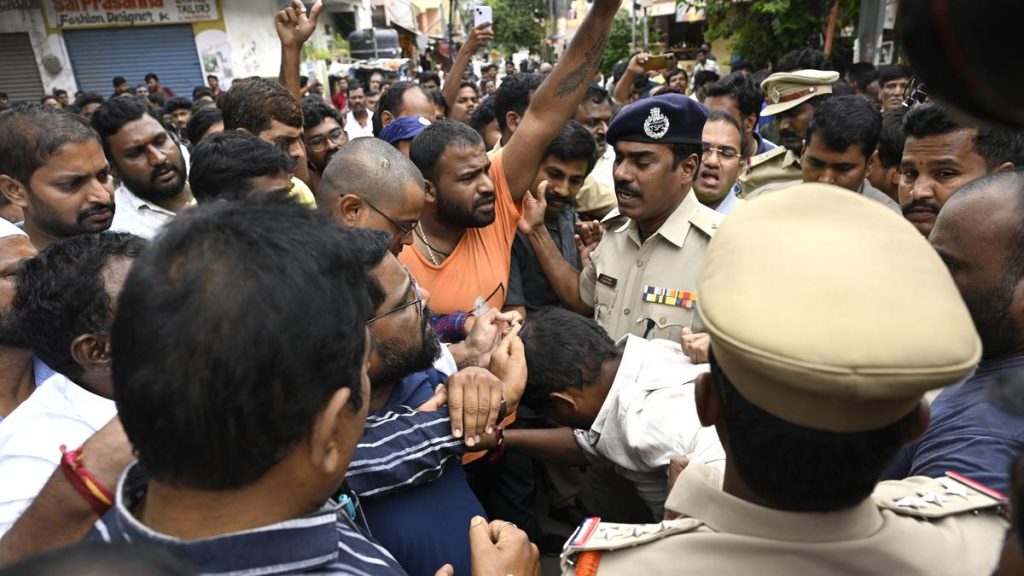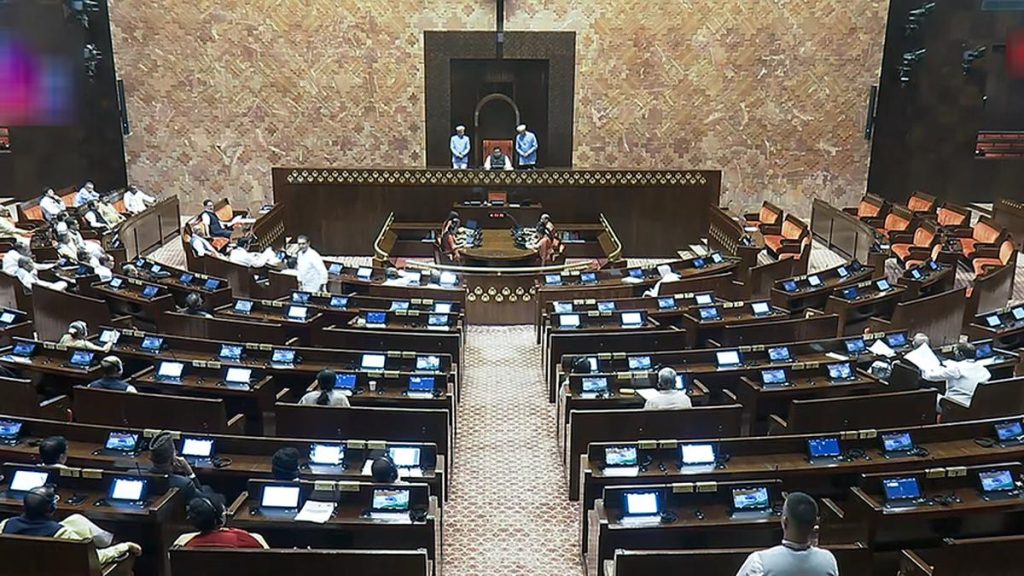Now Reading: Texas Floods: When Should We Question What Went Wrong?
-
01
Texas Floods: When Should We Question What Went Wrong?
Texas Floods: When Should We Question What Went Wrong?

Swift Summary:
- Last month’s floods in Kerr County, Texas, left over 130 people dead.
- The disaster sparked partisan blame games over issues like warning systems and climate change.
- Governor Greg Abbott dismissed the blame game, saying it detracts from finding solutions. Experts argue that investigating failures is essential for improving preparedness.
- Contributing factors to the disaster included homes built in hazardous floodplains, outdated flood maps, and inadequate local planning. Climate change likely intensified the flooding but wasn’t the sole cause of devastation.
- Similar dynamics of political polarization after disasters have been observed globally (e.g., Australia’s “Black Saturday” fires). This ofen hinders meaningful discussions about prevention and policy changes.
- Research suggests framing disasters as opportunities for long-term reform can galvanize action-if addressed before public interest wanes.
Indian Opinion Analysis:
Post-disaster blame is a double-edged sword-it can either catalyze reforms or deepen divisions if exploited politically rather than constructively analyzed. India faces similar vulnerabilities to extreme weather events due to it’s expanding urban areas in high-risk zones and inconsistencies in local planning frameworks. While lessons from global disasters such as those in Texas underline the importance of swift crisis evaluation paired with proactive measures, India too must approach its disaster response with pragmatism rather than reactionary politics or denialism about structural flaws exacerbated by climate risks.
Link: Read more
























